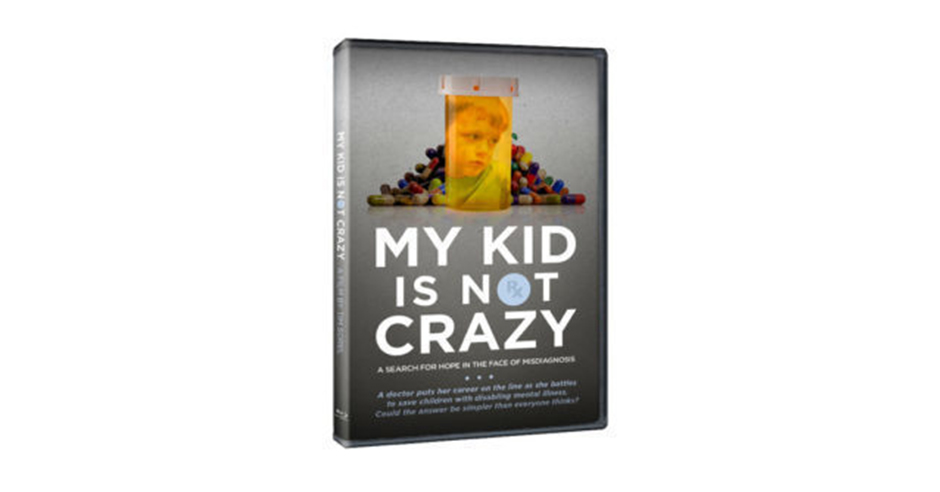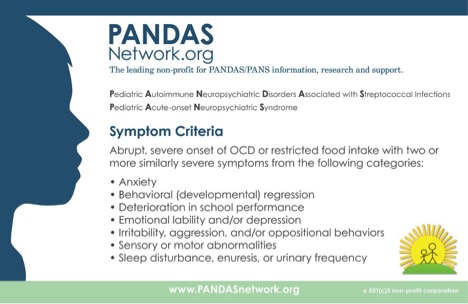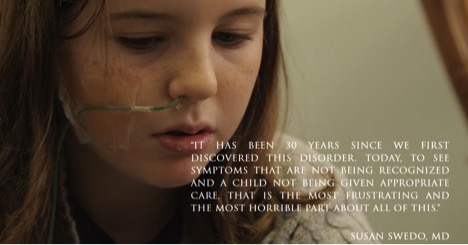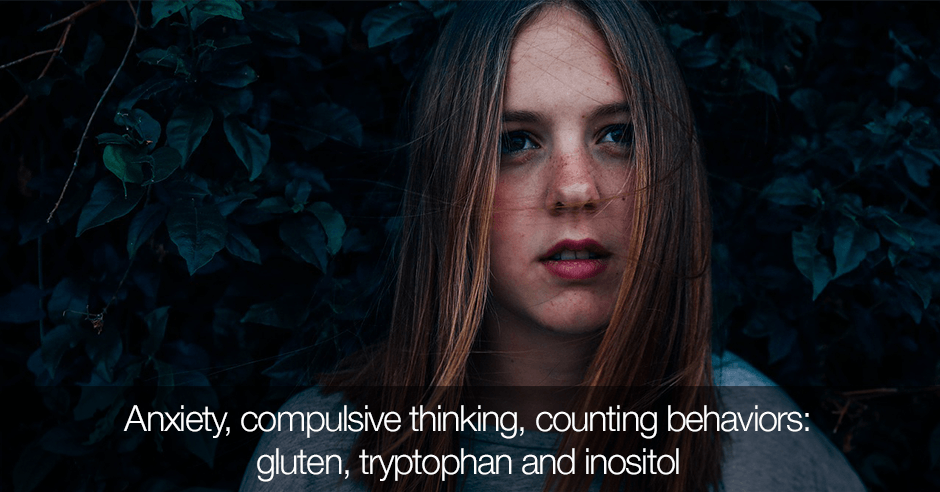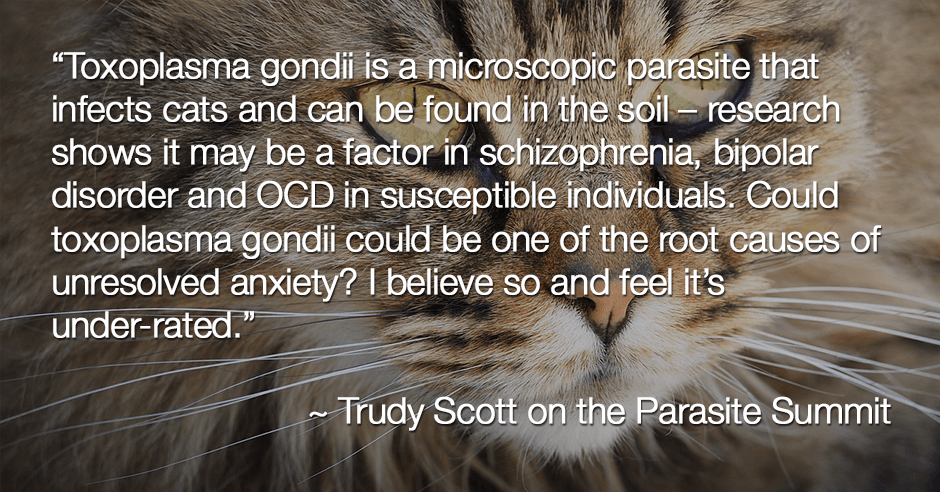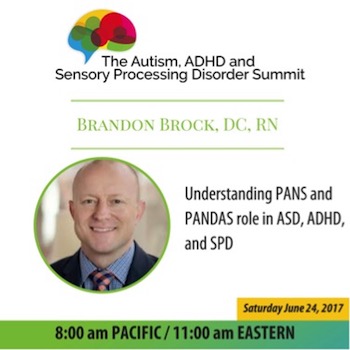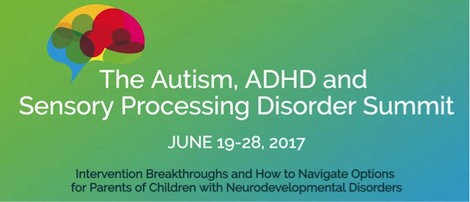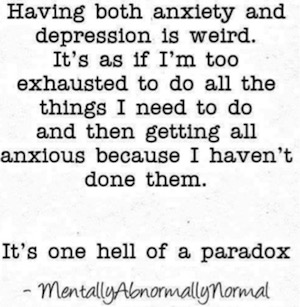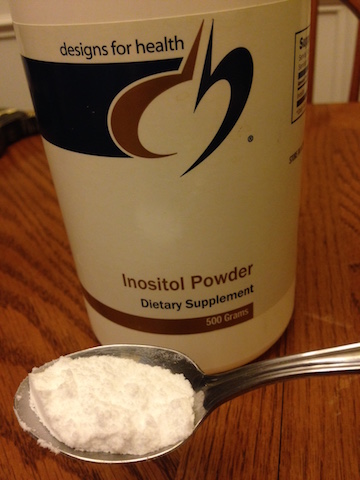Earlier this week was PANS/PANDAS awareness day 2017 so I’d like to bring some awareness to this condition that causes sudden-onset OCD (obsessive compulsive disorder) type symptoms and anxiety. The PANDAS Network defines PANDAS as follows:
PANDAS (Pediatric Autoimmune Neuropsychiatric Disorders Associated with Streptococcal Infections) occurs when strep triggers a misdirected immune response results in inflammation on a child’s brain. In turn, the child quickly begins to exhibit life changing symptoms such as OCD, anxiety, tics, personality changes, decline in math and handwriting abilities, sensory sensitivities, restrictive eating, and more.
PANDAS Network estimates that PANDAS/PANS affects as many as 1 in 200 children.
This Huffington Post article: Misdiagnosed: How Children With Treatable Medical Issues Are Mistakenly Labeled as Mentally Ill covers one family’s experience with misdiagnosis with their daughter and the treatment that eventually helped her recover. As you’ll read in the blog, PANS/PANDAS is still very poorly understood in the medical community and misdiagnoses are very common:
the vast majority of pediatricians, child psychiatrists, and neurologists are unapprised of the latest research and continue to misdiagnose children who have PANS/PANDAS with any number of mental health disorders.
The new movie My Kid Is Not Crazy is another great resource for gaining a better understanding of this condition. Here are some snippets from this excellent movie:
Nine-year-old Kathryn was a normal, healthy child. She was a star student, athlete and dancer. In a matter of days, she would become totally dysfunctional. Kathryn had alarming rapid-onset OCD refusing to eat or drink. She had tremendous separation anxiety and would become panicked if her parents were not in sight. She had trouble sleeping and showed signs of age regression in vocabulary and handwriting.
How did this happen?
Kathryn’s family and many families like them— turned to a fractured medical system, where there is fierce disagreement about how to help their daughter. More often than not, a child with these symptoms would be diagnosed as having mental illness. They’d be treated with anti-psychotic medication, behavior therapy, and even hospitalization.
But more than 30 years ago, Susan Swedo—a doctor with the National Institutes of Health—discovered that an undiagnosed strep infection was the cause of one child’s disabling illness. The more Swedo dug, the more evidence she found: Strep was linked to symptoms normally chalked up to psychiatric illness.
She also discovered how non-accepting modern medicine can be of new ideas.
Swedo has put her reputation and career in jeopardy as she fights to cure the condition she named: Pediatric Autoimmune Neuropsychiatric Disorder Associated with Streptococcal Infections (PANDAS). Neurologists Jonathan Mink, Roger Kurlan, Harvey Singer and others publically ridicule Swedo and her PANDAS theory, creating controversy over diagnoses and treatment. This group has become known on social media as the “non-believers.” The result: the entire pediatric-care industry is confused and doesn’t know what to do.
And it’s the children who suffer.
“My Kid is Not Crazy,” a film by Tim Sorel, tracks the journey of six children and their families as they become tangled in the nightmare of a medical system heavily influenced by the pharmaceutical industry. Here it’s common for a caregiver to prescribe a young child with a Selective Serotonin Uptake Inhibitor (SSRI) but hesitate to prescribe an antibiotic to counteract a potential infectious-based trigger. For some of these kids, what happens after several years is shocking and sad.
You can watch the trailer here and rent the movie to watch it online or purchase the DVD here.
The movie site also lists many helpful resources for PANS/PANDAS.
Last week’s blog: Anxiety, compulsive thinking, counting behaviors: gluten, tryptophan and inositol covered gluten, tryptophan and inositol for OCD symptoms. I mentioned that I also always keep Lyme disease, heavy metals and PANDAS on the list as possible areas to refer out for if symptoms are not resolving with the above nutritional approaches, so it made sense to share more about PANDAS this week.
Even if the OCD and anxiety is due to PANS/PANDAS, I would still encourage a gluten-free diet and trials of tryptophan, GABA and inositol (and other nutritional approaches) in order to provide some relief while the infection/s are being addressed. Similar results are seen when providing nutrient support like the use of GABA (and/or tryptophan) for relief for Lyme anxiety.
Do you know about PANS/PANDAS and the connection to OCD and anxiety?
Have you seen symptom resolution by addressing the infection/s one of your children, personally or with a patient or client?
Have you seen some symptom relief when also using GABA and/or tryptophan and/or inositol?
